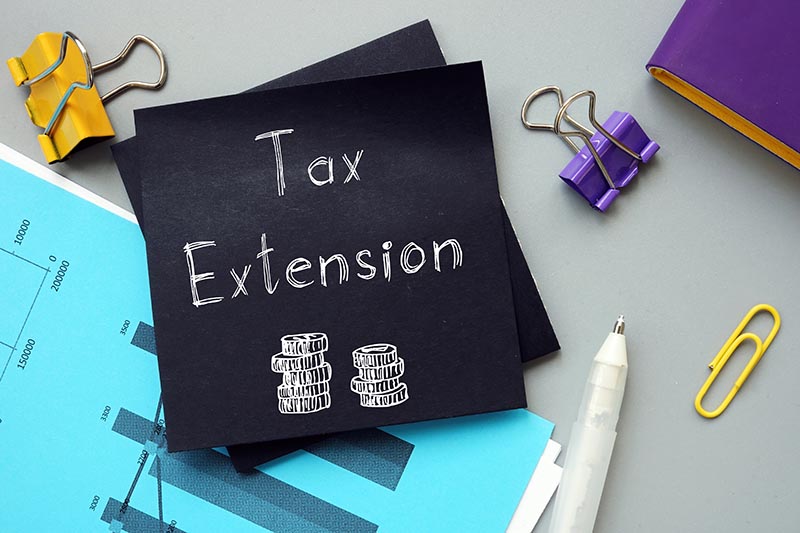What if I won't have all my tax documents by the deadline?
July 14, 2021 by Glynis Miller, CPA, MST
I have a small share of an LLC Partnership that will be unable to complete its K-1 for 2020 by the October 15th extension date. The Partnership's accountant says I should omit the K-1 for 2020 and file for both 2020 and 2021 when I prepare by 2021 return. Instead, I intend to use the accountant's estimate of my K-1 income for 2020, and file a 1040X later. The tax difference is likely to be immaterial. Am I correct?
-Fred
Dear Fred,
Thank you for your question. As taxpayers, we are personally responsible for filing our returns both on time and accurately. Failure to do one or both can result in significant penalties. Unfortunately, we are often dependent on third parties to provide us with various tax information statements that we need to achieve the goal of filing an accurate return within the timeframe allowed by the IRS. Thus, we are sometimes required to file an extension in hopes of getting the documents we need prior to the filing deadline. But even if we never receive the tax documents, we are expected to file an accurate and timely tax return. However, an extension only extends the time for filing the return, not the time for paying the taxes due.
In regard to the accountants’ suggestion to “omit the K-1 for 2020 and file for both 2020 and 2021 when I prepare my 2021 return;” it is unclear if they are suggesting you amend your 2020 return at that time or just include the 2020 K-1 information into your 2021 return. Neither option seems correct. The 2020 K-1 information would need to be reported in your 2020 tax return, not the 2021 tax return. Thus, omitting the income from your 2020 return and waiting to amend it when you file your 2021 return could expose you to penalties and interest.
You noted that the accountant for the partnership provided you with an estimate of your earnings from the partnership. Of course, without knowing the amount of the estimated income and your other income, it is impossible to know the full potential effect on your tax liability. Nonetheless, the estimate of income no doubt was provided so that you could make any necessary estimated tax payments for the 2020 tax year. Thus, if you were to file your 2020 tax return leaving off the estimated income from the K-1, it could potentially result in you receiving a refund of any payments made for the 2020 tax year. As a result, if you then amended your return later to add the income, you could potentially face higher penalties. On the other hand, if you include the estimated income in your 2020 return and then amend it when you later receive the actual K-1, potential penalties should be minimal (if there are any since you stated the “tax difference is likely to be immaterial.”).
Thus, your idea of including the estimated K-1 income in your 2020 tax return and then amending it once you receive the actual K-1 seems appropriate. If you have already filed an extension for your individual tax return to October 15 and paid all of your estimates, there is no harm in waiting to file the tax return until October 15, 2021. This way, if they did happen to get the K-1 to you before that deadline, you could adjust the income prior to filing, and no amendment would be required. When filing an amended tax return, you will be asked why you are amending the return. Therefore, if you have to amend, provide a clear explanation to avoid the IRS treating the K-1 as additional income on top of the prior estimated amounts.
Regards,
Glynis





